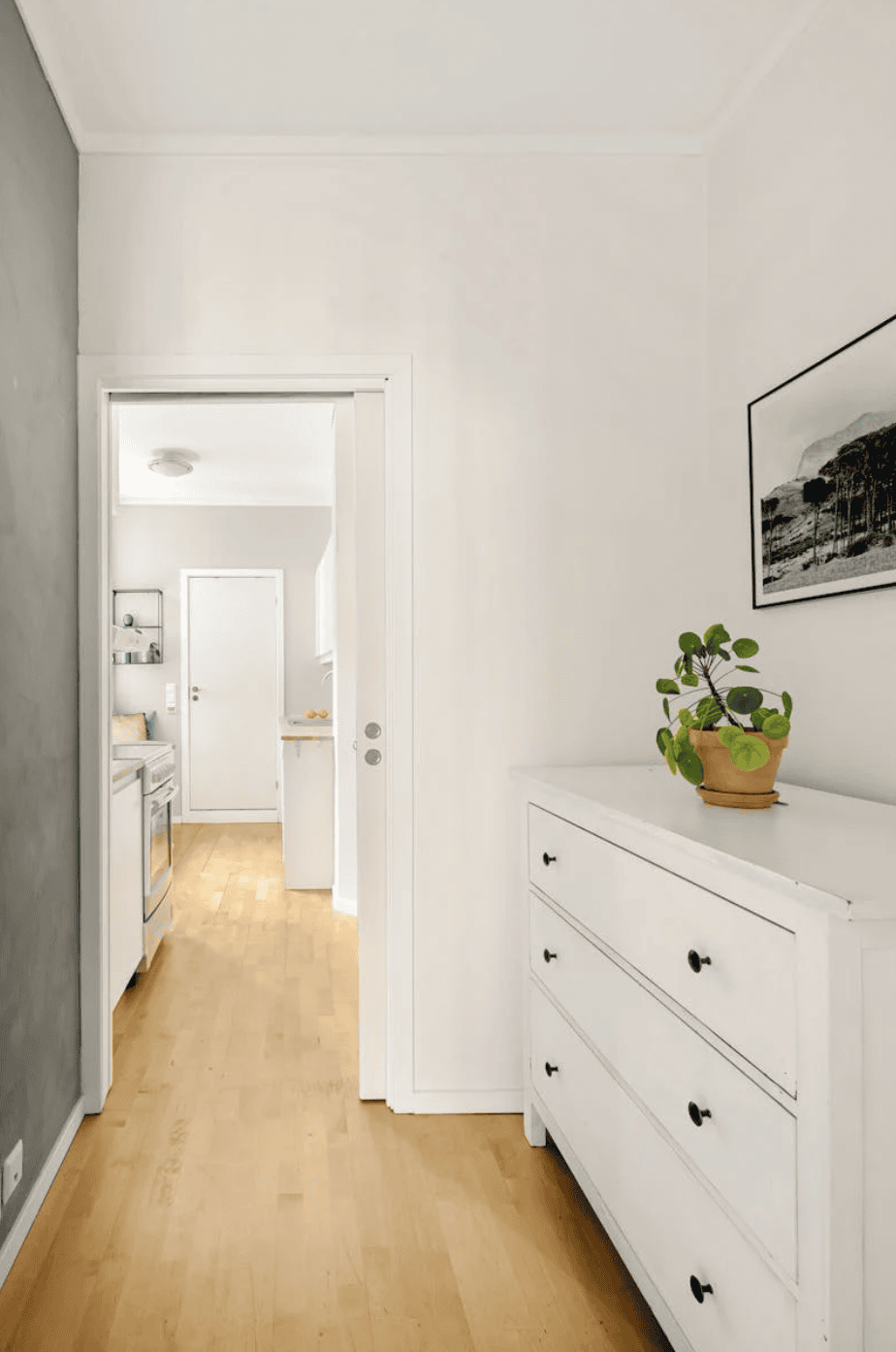Overview of Short-Term vs. Long-Term Rentals
Overview of Short-Term vs. Long-Term Rentals
Deciding between short-term and long-term rentals can significantly affect your rental income and property management style. Both options have unique advantages and disadvantages, and understanding these can help you choose the best rental strategy for your Gatineau property.
Short-term rentals, typically listed on platforms like Airbnb or VRBO, cater to travelers looking for stays ranging from a few days to a few months. These rentals offer flexibility and the potential for higher per-night rates.
Long-term rentals usually involve lease agreements of six months or more, providing a stable, predictable income stream. These rentals attract tenants seeking more permanent housing solutions, such as students, professionals, or families.
Pros and Cons of Each Rental Type
Short-Term Rentals
Pros:
- Higher Income Potential: Short-term rentals often command higher nightly rates compared to long-term rentals.
- Flexibility: Property owners can block off dates for personal use.
- Tax Benefits: Potential for deductions on property maintenance, marketing, and other expenses.
Cons:
- Higher Turnover: Frequent guest turnover requires more effort in cleaning and management.
- Seasonal Demand: Income may fluctuate based on tourism seasons and local events.
- Regulatory Scrutiny: Increased regulations and licensing requirements can complicate management.
Long-Term Rentals
Pros:
- Stable Income: Consistent monthly rent payments provide financial stability.
- Lower Turnover: Reduced vacancy rates and fewer tenant transitions.
- Simplified Management: Less frequent need for cleaning and guest communication.
Cons:
- Lower Income Potential: Monthly rent is typically lower on a per-night basis compared to short-term rentals.
- Lease Commitment: Long-term leases reduce flexibility for personal use of the property.
- Tenant Issues: Long-term tenants can present challenges, such as late payments or property damage.
Market Demand and Trends in Gatineau
Short-Term Rentals Gatineau’s proximity to Ottawa makes it a popular destination for tourists and business travelers who wish to explore the National Capital Region. Events such as the Gatineau Hot Air Balloon Festival and Canada Day celebrations drive demand for short-term accommodations. However, the market can be competitive, and occupancy rates may vary with the season.
Long-Term Rentals The demand for long-term rentals in Gatineau remains strong, fueled by a growing population and numerous educational institutions. Neighborhoods such as Hull, Aylmer, and Gatineau proper are particularly popular among long-term renters.
Legal Considerations and Permits
Short-Term Rentals Gatineau has specific regulations for short-term rentals, including licensing requirements, zoning restrictions, and safety standards. Hosts must obtain a short-term rental permit, comply with occupancy limits, and ensure the property meets health and safety codes. Failure to comply can result in fines or legal action.
Long-Term Rentals Long-term rentals are subject to Quebec’s tenancy laws, which outline landlord and tenant rights and responsibilities. Landlords must be familiar with these laws to avoid legal disputes.
Choosing between short-term and long-term rentals for your Gatineau property depends on your financial objectives, lifestyle preferences, and willingness to manage the property. Short-term rentals offer higher income potential and flexibility but require more effort and compliance with stringent regulations. Long-term rentals provide stable income and easier management but with lower profitability and less flexibility.
Assess your property, market conditions, and personal goals to determine the best rental strategy. Whether you opt for short-term or long-term rentals, a well-informed decision will help maximize your investment and rental experience.


